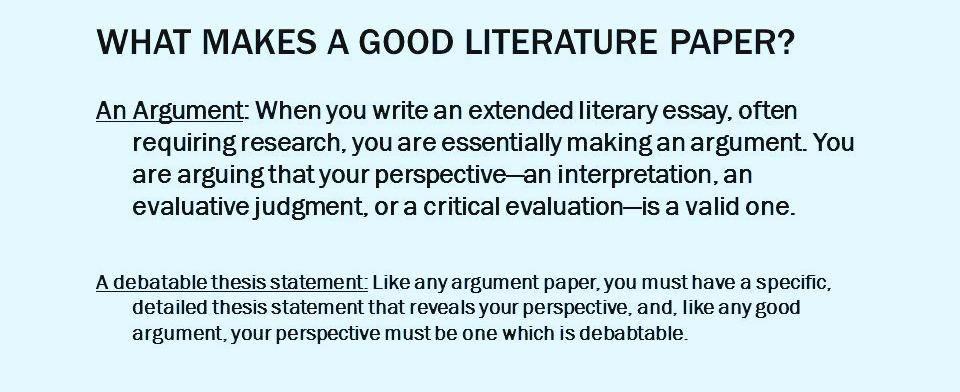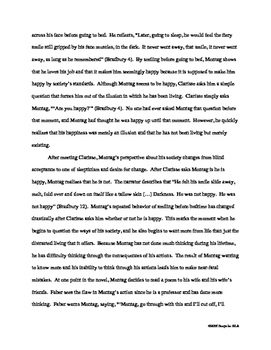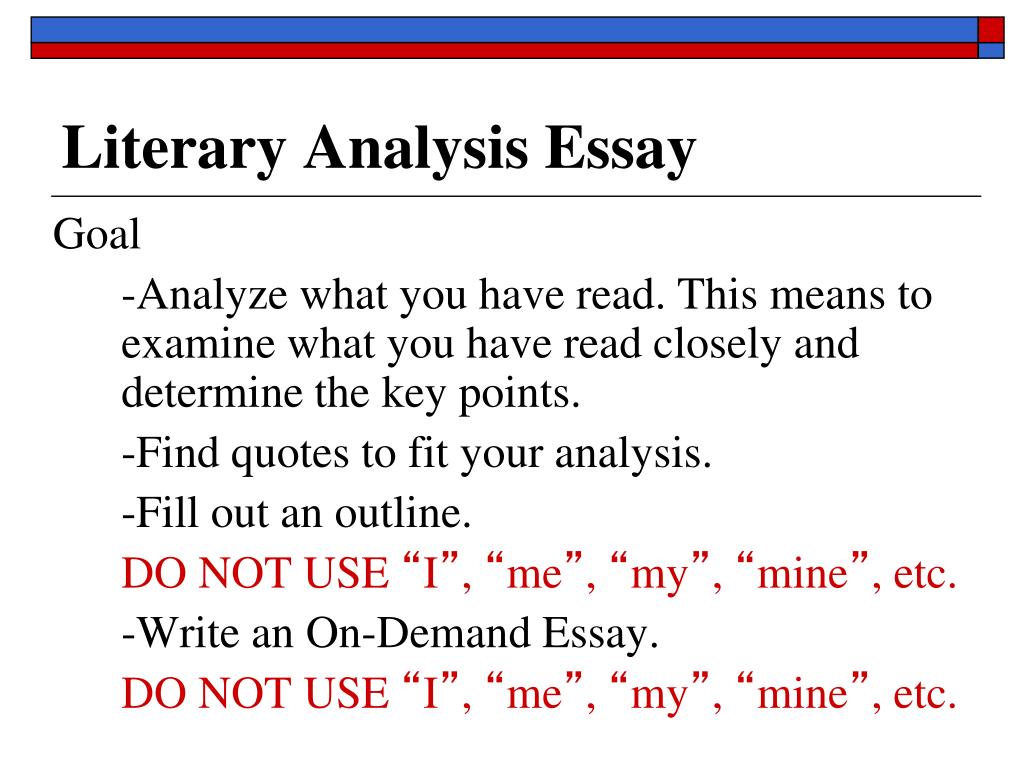A literary analysis paper is a type of essay in which you analyze and interpret a work of literature. This can be a novel, a play, a poem, or any other piece of writing that has literary merit. Writing a literary analysis paper requires you to closely read and carefully analyze a text, and then write a well-organized and well-supported essay that discusses the text's themes, symbols, characters, and other literary elements.
Here are some steps to follow when writing a literary analysis paper:
- Choose a text to analyze.
Before you start writing, you need to choose a text to analyze. This can be a novel, a play, a poem, or any other piece of literature that you find interesting or meaningful. Consider what you would like to write about and choose a text that aligns with your interests and goals.
- Read and annotate the text.
Once you have chosen a text, you need to read it carefully and take notes as you go. As you read, pay attention to the characters, plot, setting, imagery, and other literary elements. Underline or highlight passages that you find particularly interesting or important, and make notes in the margins to help you remember your thoughts.
- Develop a thesis statement.
A thesis statement is a one-sentence summary of your main argument. It should be specific and concise, and it should clearly state the main point of your essay. For example, if you are writing a literary analysis paper on "The Great Gatsby," your thesis statement might be something like: "In 'The Great Gatsby,' F. Scott Fitzgerald uses the character of Jay Gatsby to symbolize the decadence and excess of the Roaring Twenties."
- Outline your essay.
Once you have a clear thesis statement, you can start organizing your thoughts and ideas into an outline. An outline is a helpful tool for organizing your essay and making sure that your ideas are presented in a logical and coherent order. Start with an introduction that includes your thesis statement, and then create a series of body paragraphs that each focus on a different aspect of the text. Finally, end with a conclusion that summarizes your main points and reaffirms your thesis.
- Write your essay.
With your outline in hand, you can start writing your essay. Begin with an introduction that introduces your thesis statement and provides some context for your analysis. Next, write a series of body paragraphs that each focus on a different aspect of the text. Use evidence from the text to support your analysis, and be sure to explain how this evidence supports your main argument. Finally, end with a conclusion that summarizes your main points and reaffirms your thesis.
- Edit and revise your essay.
After you have finished writing your essay, take some time to revise and edit it. Look for any errors in grammar, punctuation, or spelling, and make sure that your essay is well-organized and clearly written. Consider asking someone else to read your essay and give you feedback, as another set of eyes can often catch mistakes that you might have missed.
Writing a literary analysis paper can be a challenging and rewarding experience, as it allows you to delve deeply into a work of literature and explore its themes, symbols, and characters. By following these steps and taking the time to carefully analyze and interpret the text, you can write a well-organized and well-supported essay that showcases your understanding of the literature.







